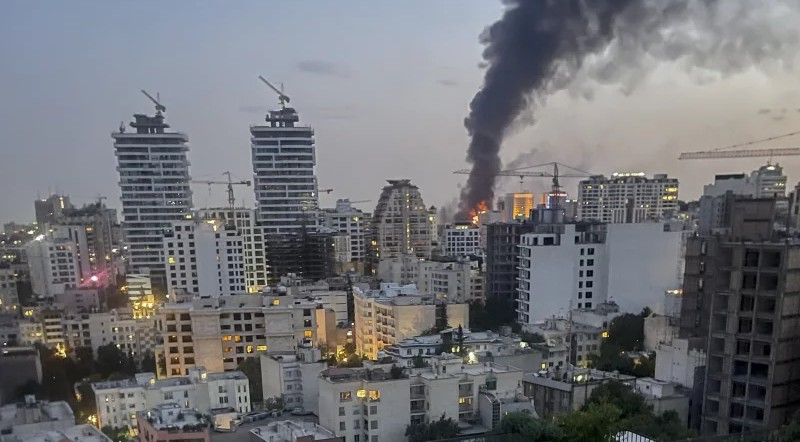
As global concern grows over the ongoing conflict between Israel and Iran, South Sudanese economists are urging the government to secure reserves of essential goods, particularly fuel, to cushion the potential economic shocks from the war.
In an interview, prominent economist Abraham Maliet emphasized that the geopolitical tensions have already had ripple effects across the world, and South Sudan, as an oil-exporting country, will not remain immune.
“The current situation hasn’t severely affected South Sudan yet,” Maliet noted, “but if the conflict escalates, we could experience major disruptions.”
Initial missile exchanges between Israel and Iran sent tremors through international markets. The price of crude oil surged as global demand climbed sharply. Economists warn that Iran’s threat to shut down key oil shipping lanes, such as the Strait of Hormuz, poses a significant risk to oil trade worldwide, including South Sudan.
Maliet advised the government to prepare by storing sufficient quantities of fuel and other essential commodities, saying, “We must have strategic reserves to rely on in case the war cuts off critical trade routes.”
He added that storing adequate fuel would help meet domestic demand if oil exports are disrupted. Maliet also called for calm among citizens, assuring that the crisis, though global, can be managed.
“We are affected just like any other country,” he said. “But there will be solutions, and we must stay focused on readiness.”
Maliet pointed out that international oil traders typically develop contingency plans during global crises, ensuring supply lines remain operational. However, he cautioned that rising, prices driven by supply and demand, should not be seen as a benefit for producing countries like South Sudan.
“While our oil may sell for more, the cost of importing other goods will also rise. Price hikes across the board are not necessarily good for the economy.”
Kenya-based economist Michael Kuer echoed Maliet’s concerns. He urged governments across the region to closely monitor the conflict, noting that its economic impacts might not be immediate but could become significant if tensions deepen.
“It’s a war, and for oil-producing nations like ours, it’s a matter of serious concern,” Kuer said. “The government must remain vigilant and ready to counter any economic threats that arise.”
Both experts reiterated that global conflicts invariably affect international trade, but with proactive planning, their impacts can be mitigated.

